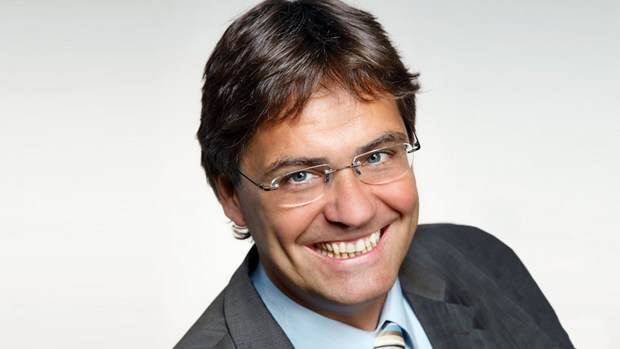
Peter Liese: Learning to regulate powerful new diagnostics
In September of last year, the European Commission presented a proposal concerning a revision of the in vitro diagnostics medical devices (IVD) Directive. The European Parliament and Council will negotiate the concrete wording of the regulation in the coming months, which means it will probably enter into force within the next three to five years.
Many people consider the IVD medical devices regulation the "little sister" of the Medical Devices Regulation, which will be discussed in parallel in European institutions. In my opinion, however, IVD medical devices are less the "little sister" than they are the "parents" of medical devices. Indeed, in some ways they are the progenitors of all therapies, including pharmaceutical products and surgery. Without a proper diagnostic, there can be no proper treatment or prevention of diseases. Unfortunately, the current directive from 1998 has not stopped low-quality IVD medical devices from reaching the market. In the past, there have been cases where low-quality HIV tests were placed on the European market with a CE-label. In one particular instance, a scientific institute had determined even before the notified bodies approved the CE-label that a test delivered many more false negative results than other available HIV tests. In other words, it sometimes said there was no virus present when in fact a subject had contracted the disease. Patients in the EU were given this test for years. When it comes to patient safety, we have to strengthen our system. Similar cases have been reported with hepatitis C, which is still a life-threatening disease that cannot be treated properly.
Another report highlights a different facet of the diagnostics problem. Francis Collins – who headed the Human Genome Project – once sent samples of his own DNA to three different laboratories and received three different results predicting his risk for contracting certain genetic conditions. That’s why I also believe it is indispensable to include some basic criteria at a European level for the application of genetic tests.
The Commission proposal focuses very much on the quality of a product. But experts and many international organisations – including the Council of Europe, the OECD and the European Society for Human Genetics – have articulated again and again that in many cases, the framework in which the product is applied is even more important than the quality of the product itself. When it comes to DNA testing in particular, it is very important to respect the principle of informed consent. The European Parliament has requested this several times. A legal opinion concludes that it is possible and appropriate to introduce respective wording in the proposal. Therefore, I have proposed respective amendments together with colleagues from all political groups and different countries on this issue. There is a consensus that it should not be the intention of the European Union to limit patient access to DNA tests, but that appro-priate genetic counselling should be offered in cases of predictive and prenatal diagnostics in order to inform patients properly about possible results before a test is performed. To respect the principle of subsidiary, it should be left to Member States to regulate details, and individual Member States need to have the option to go further than regulations require. One could even argue that it should be mandatory to include informed consent in the proposal, because it is a crucial element of the Charter of Fundamental Rights (Article 3) – a legally binding document for the European Union in those areas where it acts.
Peter Liese
was elected as a Member of the European Parliament in 1994. He is Chairman of the EPP Working Group on Bioethics in the European Parliament and a member of the Committee on Environment, Public Health and Food Safety (ENVI), as well as a substitute member of the Committee on Foreign Affairs and member of the delegation for relations with the countries of Central America. During this legislative term, Peter Liese became a co-coordinator for the EPP Group in the ENVI committee. Before going into politics, he worked as a doctor in a pediatrics hospital in Paderborn (Germany), and spent six months in Central America working in a state-owned hospital and on foreign aid projects. Liese received his medical degree from the University of Bonn’s Institute of Human Genetics in 1992.



 adobe.stock.com - ipopba
adobe.stock.com - ipopba BioDlink
BioDlink